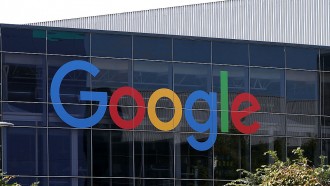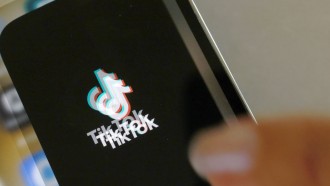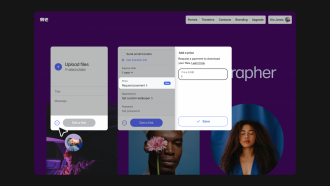Unity, a developer of cross-platform game engines, decided to change certain aspects of its plans less than a week after generating controversy with its proposal to pay developers based on installs and income.
Many developers, who were dissatisfied with the first idea, are still dubious about Unity's offer of compromise.
On September 12th, the contentious Runtime Fee was initially announced, explaining that projects earning $200,000 in a calendar year or amassing 200,000-lifetime installations for players subscribing to the less expensive engine subscription plans will be subject to a fee per install for any game, per Gizmodo. However, Unity Pro and Enterprise plan holders will pay the Runtime Fee after reaching $1 million in earnings or 1 million lifetime installations. The policy will be implemented starting January 1, 2024.
On Sunday, Unity posted an apology on Twitter in response to the growing criticism. "We apologize for the confusion and angst," stated the tweet from Unity, which added that it was "listening" to the comments and it would soon publish an update clarifying the revised suggested runtime price.
Developer Community Blasts Unity's New Policy
The developer community did not like Unity's first pricing structure. For every additional game installation beyond the predetermined threshold, users of Unity Personal or Unity Plus subscriptions would have been charged $0.20, while bigger businesses would have assessed costs ranging from $0.02 to $0.125 per install. It should be noted that these costs would still be charged even if a user reinstalled the same game or installed it on a new device.
We have heard you. We apologize for the confusion and angst the runtime fee policy we announced on Tuesday caused. We are listening, talking to our team members, community, customers, and partners, and will be making changes to the policy. We will share an update in a couple of…
— Unity (@unity) September 17, 2023
Read Also: DC Justice League Animated Movies: A Guide to Watching Them Chronologically
The intended proposal sparked a considerable backlash, with many developers advising their colleagues to stop using Unity and switch to other engines. One such instance is Mega Crit, the creators of "Slay the Spire," who claimed to have been using Unity for more than two years but threatened to transfer to another engine in the absence of a full reversal of the pricing increases and the implementation of protective terms of service.
Backlash Impact
As news spread that Unity officials, including CEO John Riccitiello, had sold significant sums of business shares in the weeks before the announcement of the Runtime Fee, the situation worsened. Riccitiello previously attracted prominence for criticizing game creators who did not optimize income in their works, and it was reported that he sold almost 50,000 shares in 2023 alone.
After the charge announcement, Unity's stock price fell sharply, although it later partly rebounded. Additionally, the business received several threats against their lives, which led to the closure of its operations in Austin, Texas, and San Francisco, California.
Former Unity CEO and current board member David Helgason admitted that the corporation made a grave mistake and called the price changes a critical error, according to Venture Beat.
However, Unity's apology did not specifically pledge to repeal the Runtime Fee Policy, per Sirus Gaming; it merely alluded to updating the policy.
Related Article: Twitch Streamer 'Danny Aarons' Spent $40K on EA Sports FC 24 with an In-Game Balance of 5.5 Million FIFA Points





